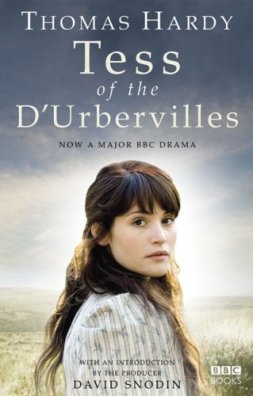I love listening to Ray Charles. One album I particularly enjoy is “Genius Loves Company,” in which he performs with other amazing musicians. I have found in the past year how essential community is to my wellbeing as a creative. Not just any community will do, as I discovered the hard way. Finding “company” is difficult, but oh the rewards that come when it is found!
I am a novice. Ray Charles is not. In sharing this need, it is clear to me that no matter how good one gets at their craft, they still hunger for company. Creating is a lonely endeavor, even more so I imagine, from the top, a lonely place in and of itself. And when you’re at the top, collaboration takes a great deal of humility, which is one of the most beautiful traits a person can possess.
It was with company that I read Animal Farm, followed by Politics and the English Language. This is the benefit of community: they will take you where you would not naturally go. Being so intrigued by the life of Orwell, I continued on my own to read 1984. One of the most prolific and varied authors I have ever heard of, Orwell began with his first publication in 1914 (at age 11) with his poem titled “Awake! Young Men of England.” His last publication would be New Year’s Day 1950, only twenty days before his death: an article in The Observer titled, “The Best Novels of 1949: Some Personal Choices.” By this time, he would have written nearly 650 completed works encompassing poetry, novels, book reviews, essays, editorials, investigative journalism, non-fiction books, and more.
Despite the popularity of Animal Farm and 1984, Orwell considered himself to be an essayist rather than a novelist. This comes as no shock to those who have read 1984, in which Orwell includes a fictional essay right in the middle of the novel, and sneaks another one into the appendix. Animal Farm and 1984 tell roughly the same story in two forms: one with humor and one without. Four years separate the two works; Animal Farm acting as a primer. But there was a greater depth needing plunged, and Orwell devoted himself in 1984 to communicating the intricacies of what was only mentioned in Animal Farm. The reader is left with much to consider and nothing to laugh at.
At a time when our words are rationed by Twitter and symbols replace entire phrases with emojis, the concept and implications of Newspeak were profound:
Don’t you see that the whole aim of Newspeak is to narrow the range of thought? In the end we shall make thoughtcrime literally impossible, because there will be no words in which to express it. Every concept that can ever be needed will be expressed by exactly one word, with its meaning rigidly defined and all its subsidiary meanings rubbed out and forgotten..Every year fewer and fewer words, and the range of consciousness always a little smaller. (52-53)
Politics and the English Language is as pertinent now as it must have been when it was written. It is Orwell at his best- I mean by that, what he deems to be best, which is clear language, practical instruction, and relevant material. At its heart, it is a plea for language to be used appropriately: to reveal truth rather than create obscurity. But it is primarily a guide for recognizing the techniques of manipulated language, and it is fascinating.
Orwell, the man – so let us call him Eric Arthur Blair – was equally intriguing, from his unusual childhood on. Remember, by clicking the books above you will be directed to Amazon, where you can find out more and purchase them. I’ll leave you with Orwell’s words, taken from 1984:
The party told you to reject the evidence of your eyes and ears. It was their final, most essential command. His heart sank as he thought of the enormous power arrayed against him, the ease with which any Party intellectual would overthrow him in debate, the subtle arguments which he would not be able to understand, much less answer. And yet he was in the right! The obvious, the silly, and the true had got to be defended. Truisms are true, hold on to that! The solid world exists, its laws do not change. Stones are hard, water is wet, objects unsupported fall toward the earth’s centre. With the feeling that he was speaking to O’Brien, and also that he was setting forth an important axiom, he wrote: Freedom is the freedom to say that two plus two make four. If that is granted, all else follows. (81)


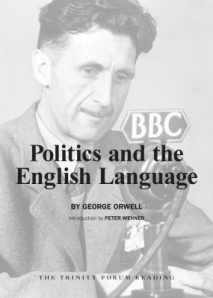



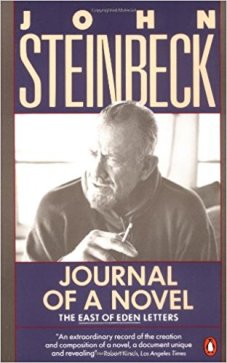

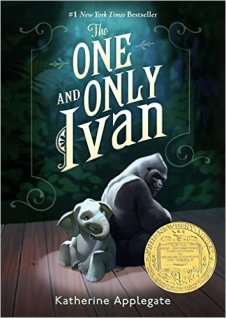
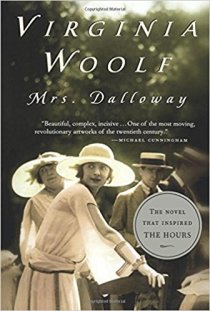

![The Guernsey Literary and Potato Peel Pie Society: A Novel by [Barrows, Annie, Shaffer, Mary Ann]](https://images-na.ssl-images-amazon.com/images/I/51QzDB3cDeL.jpg)
![Madame Bovary (Illustrated) by [Flaubert, Gustave]](https://images-na.ssl-images-amazon.com/images/I/41B1t9ukq5L.jpg)
